Marine Grade 5083, 5082 Aluminum Alloy Sheet Plate
When it comes to materials that perform exceptionally under the harsh conditions of marine environments, Marine Grade aluminum alloys like 5083 and 5082 hold a revered place in the industry’s toolkit. While their names—5083 and 5082—refer to specific alloying compositions, what truly sets these marine-grade aluminum sheets and plates apart is their unique synergy of strength, corrosion resistance, and versatility. these alloys through the lens of their functionality in real-world marine applications reveals why they are indispensable choices for naval architects, shipbuilders, and engineers alike.
The Functional Edge: Why 5083 and 5082 Are Ideal for Marine Use
Cutting through the specialty jargon, aluminum alloys are valued for their metal matrix enhanced by elements like magnesium, manganese, and chromium. In the case of 5083 and 5082, magnesium is the additive, present typically around 4-5% in 5083 and slightly less in 5082, which remarkably boosts corrosion resistance—an essential trait in saltwater.
Corrosion Resistance that Outperforms Many Metals: Maritime structures constantly meet saline water, which aggressively encloses materials in rust-forming electrolytes. Both 5083 and 5082 marine aluminum alloys resist and delay corrosion much better than common structural aluminum grades due to their carefully balanced chemistry. This is essential especially in critical components such as hulls, bulkheads, and deck structures, where durability dictates safety.
Mechanical Strength Balancing Lightness and Durability: While steel boasts higher strength in absolute terms, the exceptional strength-to-weight ratio of 5083 and 5082 offers superior performance especially in high-stress maritime conditions. The alloys’ tensile strength (5083: around 275 MPa, 5082 slightly lower but comparable) paired with remarkable ductility allow them to handle impact, bending, and adaptive stresses during rough sailing conditions.
Excellent Weldability and Formability for Complex Maritime Architectures: Building a modern ship is as much about design ingenuity as it is about raw strength. These alloy plate sheets can safely undergo various advanced welding methods—from TIG and MIG to friction stir welding—enabling a seamless construction process. Furthermore, their demandingly good formability allows shaped panels, curved bulkheads, and aerodynamic mast profiles that integrate perfectly with performance goals.
Diving Deeper: The Industrial Face of 5083 and 5082 Aluminum Plates
The....
Related Products
Marine 5083 aluminum plate
Marine 5083 Aluminum Plate belongs to the 5xxx series of aluminum-magnesium alloys and is classified as a non-heat-treatable alloy. Its high magnesium content (typically 4.0–4.9%) enhances its corrosion resistance, especially against seawater-related degradation such as pitting and stress corrosion cracking.
View DetailsMarine 5086 aluminum plate
5086 Aluminum Plate belongs to the 5xxx series of aluminum-magnesium alloys. Its hallmark is a high magnesium content—generally between 4.0% and 4.9%—which delivers enhanced corrosion resistance, particularly against saltwater and marine atmospheric conditions.
View DetailsMarine 5383 aluminum plate
The 5383 aluminum alloy belongs to the 5xxx series of aluminum-magnesium alloys known for remarkable resistance to marine corrosion and high strength.
View DetailsMarine aluminum steel clad plate
Aluminum / Steel Clad Plates consist of a sandwich construction in which a layer of marine-grade aluminum alloy is metallurgically bonded to a steel substrate.
View DetailsMarine 5059 aluminum plate
Marine 5059 Aluminum Plate is distinguished by its high magnesium content and carefully balanced alloying elements, designed to maximize strength without compromising corrosion resistance.
View DetailsMarine heavy duty aluminum plate
Marine Heavy Duty Aluminum Plates Sheets generally refer to thick aluminum alloy plates and heavy gauge sheets produced from marine-grade alloys such as 5083, 5086, 5059, and 5383.
View DetailsRelated Blog
Marine Grade Aluminum Plate 5083
When it comes to building robust, durable, and corrosion-resistant marine vessels and offshore structures, Marine Grade Aluminum Plate 5083 stands as a premier choice in the industry.
View DetailsAluminum Sheet Plate alloy 5083 H111 for boat application
When it comes to manufacturing high-performance boats that demand strength, corrosion resistance, and long-lasting durability, Aluminum Sheet Plate Alloy 5083 H111 stands out as a superior material.
View DetailsMarine Grade 5083, 5082 Aluminum Alloy Sheet Plate
When it comes to materials that perform exceptionally under the harsh conditions of marine environments, Marine Grade aluminum alloys like 5083 and 5082 hold a revered place in the industry’s toolkit.
View DetailsMarine Grade Plate Aluminum Sheet 5083 O H116
When it comes to marine construction and offshore applications, selecting the right material is crucial. Marine Grade Aluminum Plate 5083 O H116 stands out as a top-tier solution, blending excellent mechanical properties, corrosion resistance.
View DetailsAluminum Alloy Plate 5083 H24 for Marine
OverviewAluminum Alloy Plate 5083 H24 is a high-performance material widely favored in marine engineering due to its excellent combination of high strength, exceptional corrosion resistance, and good weldability.
View Details7.5 mm marine grade 5083 h16 h22 aluminium sheet plate
Marine environments are notoriously harsh, subjecting materials to saltwater corrosion, mechanical stress, and temperature fluctuations. Among the materials engineered to withstand these conditions, 7.
View Details

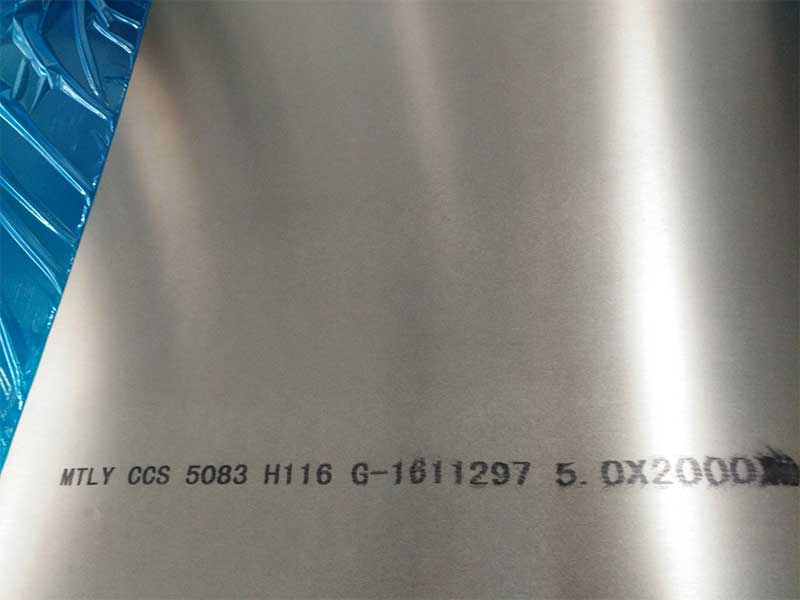
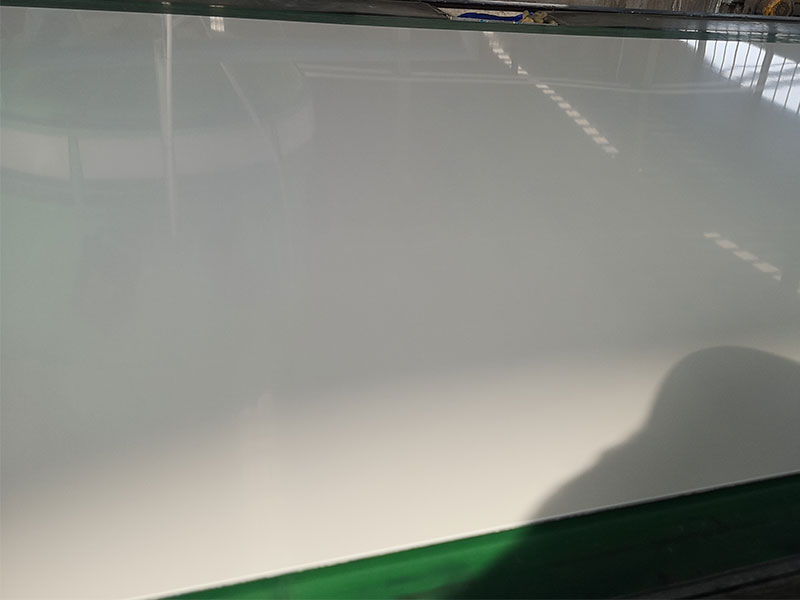
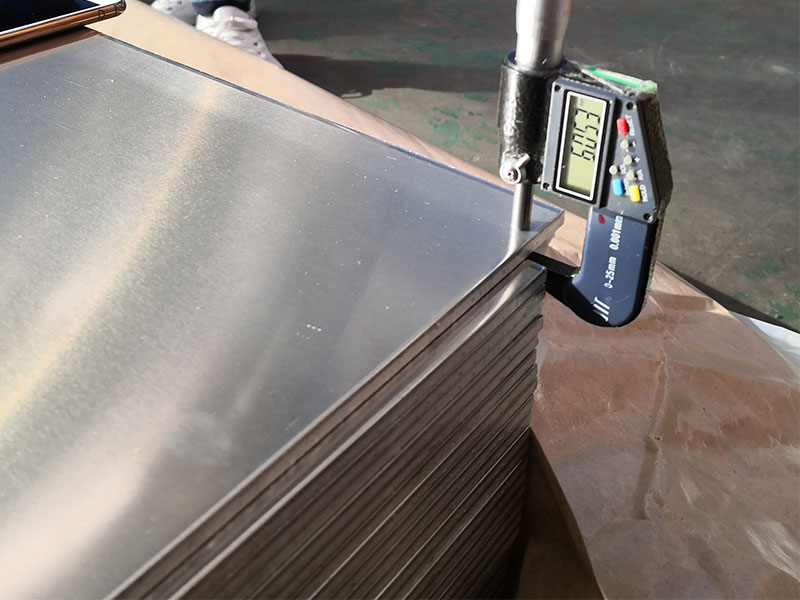
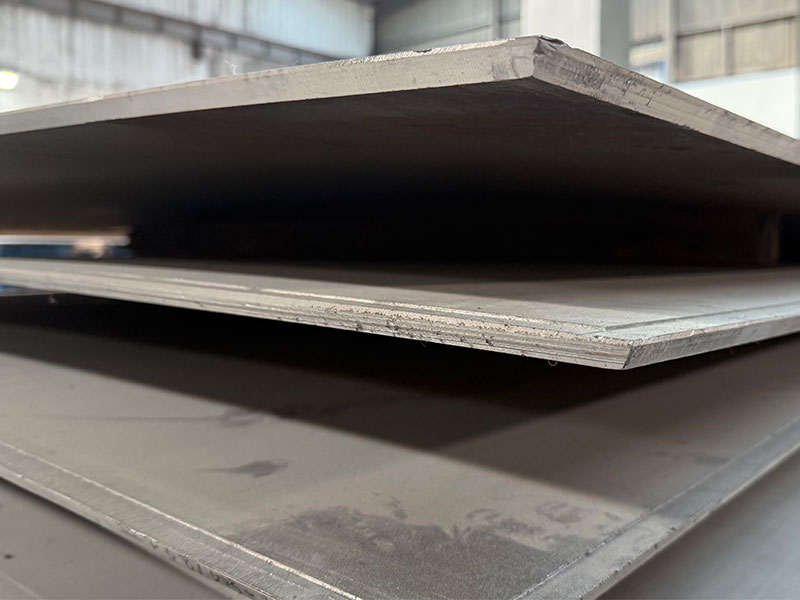
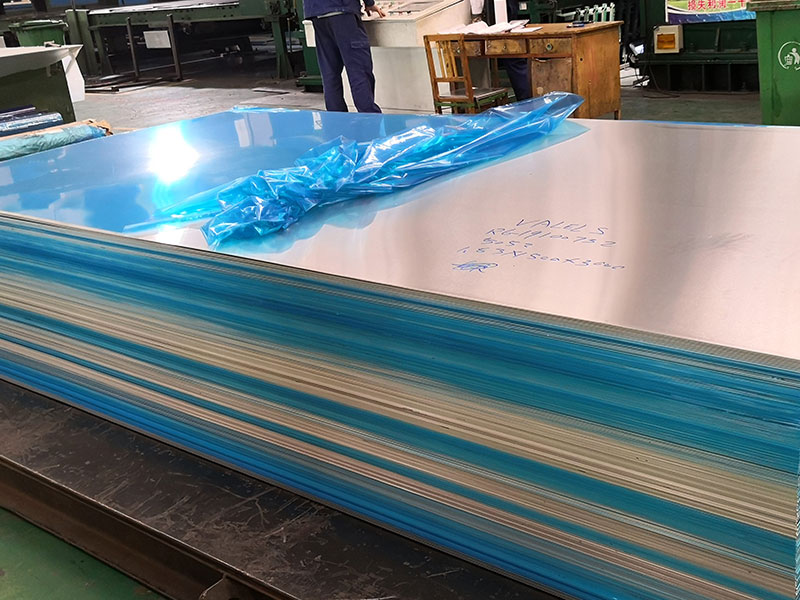
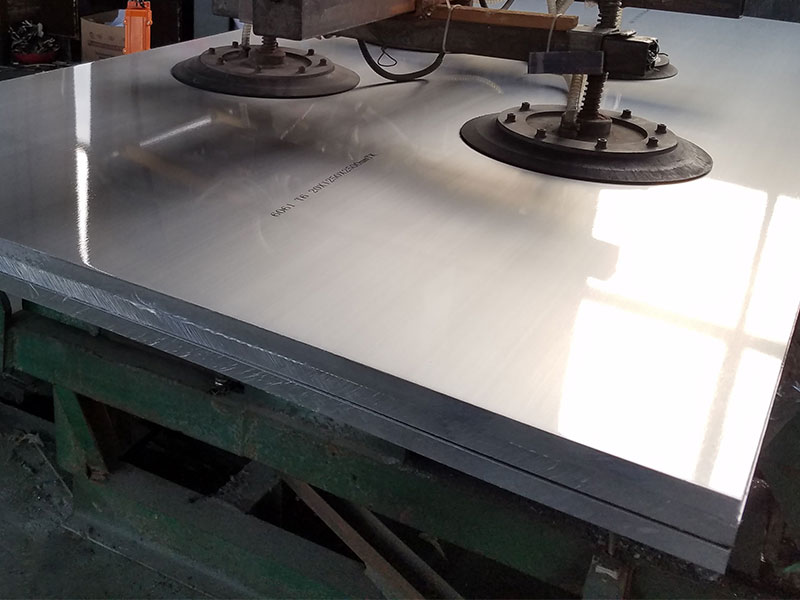






Leave a Message